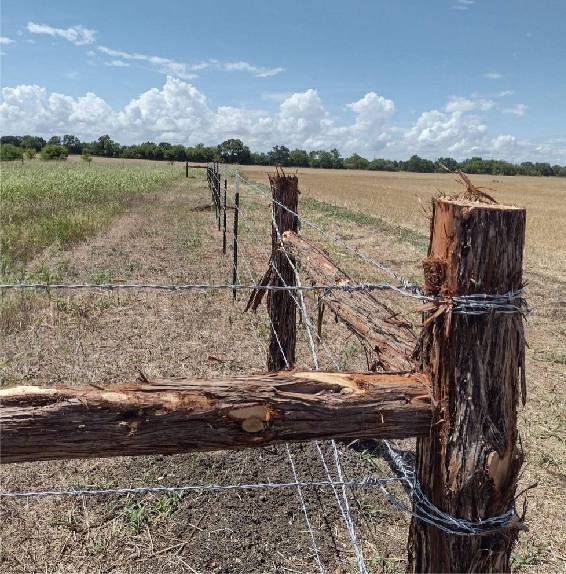Creative Ideas for Using Small Wire Fences in Your Garden Design
Small Wire Fence for Garden A Practical Solution for Gardeners
Gardening is a delightful hobby enjoyed by many, but it comes with its own set of challenges, one of which is protecting the plants from pests and external elements. A small wire fence is an effective solution that can add both functionality and aesthetic appeal to your garden. In this article, we will explore various aspects of small wire fences for gardens, including their benefits, types, and installation tips.
Benefits of a Small Wire Fence
1. Protection Against Pests One of the primary purposes of a fence is to protect your plants from common garden pests like rabbits, deer, and other animals that may intrude and damage your carefully nurtured plants. A small wire fence acts as a physical barrier that can keep these unwanted visitors out.
2. Defining Boundaries A wire fence can help define the boundaries of your garden space. This is particularly useful in larger properties where it may be difficult to discern where one garden ends and another begins. A well-placed small wire fence can create a clearer separation.
3. Aesthetic Appeal Beyond its practical uses, a small wire fence can also enhance the beauty of your garden. It can provide a rustic charm, particularly if you opt for a design that incorporates natural materials. Adding some climbing plants or decorative elements to the fence can further enhance its visual appeal.
4. Low Maintenance Compared to wooden or vinyl fences, wire fences tend to require less maintenance. They are durable and can withstand various weather conditions without warping or decaying. This makes wire a cost-effective option over the long term, as it doesn’t necessitate frequent repairs or replacements.
Types of Small Wire Fences
When considering a small wire fence, there are several types available, each offering its unique advantages
small wire fence for garden

1. Chicken Wire This is the most common choice for garden fences. Its small openings make it difficult for pests to enter while still allowing air and sunlight to pass through. Chicken wire is relatively inexpensive and easy to install.
2. Welded Wire Fencing This type features thicker and more rigid wire, providing additional strength and durability. Welded wire fencing works well for protecting larger garden areas and can stand up against stronger animals.
3. Decorative Wire Fencing For those looking to combine function with flair, decorative wire fencing can serve as a beautiful addition to a garden. It often comes in various designs and can be painted to match your garden aesthetics.
Installation Tips
1. Plan Your Layout Before beginning installation, map out the area where you want to place the fence. Consider the types of plants you wish to protect and the terrain of your garden.
2. Choose the Right Height Determine how tall your fence needs to be based on the types of animals in your area. A fence that is at least three to four feet high is often sufficient for most small animals.
3. Secure the Base Bury the bottom of the wire fence a few inches underground to deter burrowing animals. This added precaution will help keep your garden safe from unwanted intruders.
4. Use Proper Supports Ensure that the fence is adequately supported by using posts or stakes that are strong enough to withstand wind and other weather conditions. Make sure to space the posts correctly for optimal stability.
In conclusion, a small wire fence can be an excellent investment for garden enthusiasts looking to protect their plants while adding a decorative touch to their outdoor space. With a variety of styles and installation methods available, you can tailor a wire fence to meet your specific gardening needs and enhance the overall functionality and beauty of your garden.
-
Space-Saving Chain Fence Hacks Vertical Gardening with Cyclone MeshNewsJul.16,2025
-
Innovations in Iron Nail Wire Production for Modern ConstructionNewsJul.16,2025
-
Creative Uses of Wire Netting Fence in Modern Landscape DesignNewsJul.16,2025
-
Barbed Wire Fence Innovations in Anti-Climb TechnologyNewsJul.16,2025
-
Architectural Uses of Umbrella Nails for Aesthetic Roof DesignsNewsJul.16,2025
-
Architectural Uses of Razor Barbed Wire in Secure Urban DesignNewsJul.16,2025




